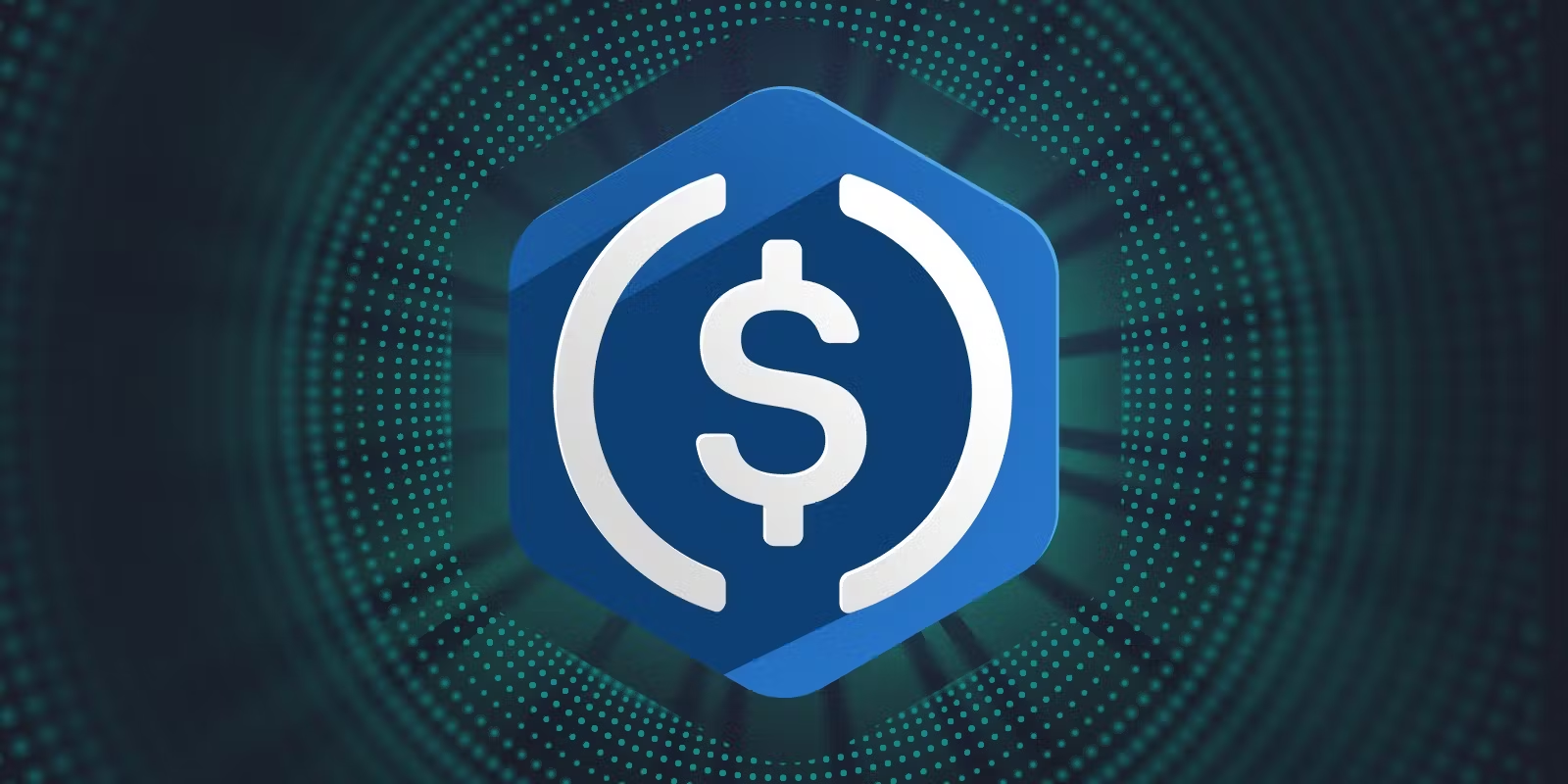Decentralized finance (DeFi) has revolutionized the way users interact with financial systems. However, one challenge persists across most DeFi platforms: onboarding new users, particularly those unfamiliar with crypto. For many, acquiring stablecoins like USDC or USDT and transferring them to a DeFi app is a complicated multi-step process.
This case study explores how a DeFi app simplified this journey by integrating Transfi’s fiat-to-crypto on-ramp, leading to a 40% increase in Total Value Locked (TVL) within a few weeks.
The Challenge: Onboarding Bottlenecks Limited TVL Growth
Despite offering competitive DeFi services, the app faced three major pain points:
- Users without stablecoins had no easy way to access USDC or USDT
- The onboarding flow had high drop-off rates due to complexity
- Liquidity growth was stagnating as only crypto-savvy users could participate
Their product team identified that improving stablecoin access within the app was critical to unlocking TVL growth.
The Solution: Seamless Stablecoin On-Ramp with TransFi
To solve this, the DeFi app integrated Transfi’s on-ramp API, enabling users to buy stablecoins directly from their bank account or local payment method, without leaving the app. The integration process took less than a day using Transfi’s pre-built widget and developer-friendly documentation.
This solution provided:
- Instant USDC or USDT access inside the app
- Support for local currencies and regional payment rails
- Reduced onboarding steps for new users
- Compliance-ready KYC and fraud protection handled by Transfi
The Results: 40% TVL Growth in a Few Weeks
The results were immediate and measurable:
1. Substantial Increase in TVL
Within weeks of launching the on-ramp, the app saw a 40% jump in TVL, driven by improved user conversion and faster capital inflows.
2. Expanded Global User Base
By supporting local payment methods in regions like Southeast Asia, Latin America, and Africa, the platform attracted users who previously couldn’t participate due to infrastructure limitations.
3. Better User Onboarding
New users could now go from fiat to earning yield in just a few minutes—no need for external exchanges, bridges, or wallets.
4. Higher Daily Active Users (DAU)
Improved user experience led to an uptick in daily active wallets and more consistent engagement with DeFi products.
Why Stablecoin Access Matters in DeFi
For most users, especially in emerging markets, acquiring stablecoins like USDC or USDT is often the most difficult part of using a DeFi platform. Traditional methods—such as centralized exchanges or P2P marketplaces—are slow, costly, and not beginner-friendly.
By embedding a stablecoin on-ramp for DeFi, apps can:
- Reduce friction for first-time users
- Improve capital inflow velocity
- Expand to non-crypto-native markets
- Drive user trust with a better onboarding experience
This aligns with broader DeFi growth strategies for 2025, where accessibility and liquidity are central to scaling.
How TransFi Helped This DeFi Platform Win
Here’s how Transfi’s infrastructure directly contributed to platform success:
• DeFi App Stablecoin Access
Transfi allows users to purchase stablecoins directly inside the dApp, eliminating the need for third-party wallets or exchanges.
• DeFi User Onboarding Solution
With support for identity verification, fiat rails, and localized UX, Transfi streamlined the onboarding funnel.
• Improve DeFi Liquidity with Transfi
As more users bought USDC/USDT seamlessly, liquidity pools grew in both size and diversity—helping optimize protocol incentives and returns.
Key Features That Enabled the Growth
- One-Click Integration: A plug-and-play API allowed for quick deployment
- Multi-Currency Support: Accepts 100+ fiat currencies and regional methods
- Compliance-Ready KYC: Built-in verification flows
- Global Coverage: Operates in key markets where crypto access is limited
- Low Fees: Transparent, developer-friendly pricing
The Bigger Trend: On-Ramps as Core Infrastructure for DeFi
As DeFi expands beyond crypto-native users, on-ramp infrastructure will become a core component of any dApp’s strategy. Whether it’s a lending platform, DEX, or yield aggregator, TVL is tied directly to ease of fiat access.
Platforms that fail to offer direct stablecoin onboarding will struggle to remain competitive as the industry moves toward mainstream adoption.
Also read: Stablecoin Payments in Burkina Faso: P2P Solutions for a Cash-Based Economy
Final Thoughts
This case study highlights a critical insight for Web3 builders: Access is adoption. The easier it is for users to convert fiat into stablecoins, the more likely they are to use and stay in your DeFi platform.
In this case, the addition of Transfi didn’t just boost user experience—it transformed the app’s growth trajectory. TVL, engagement, and conversion metrics all improved, without requiring massive changes to the platform itself.
To enable your users to go from fiat to DeFi in under five minutes, explore Transfi’s stablecoin on-ramp API.
Frequently Asked Questions
Q: What stablecoins can users buy through Transfi?
Currently, Transfi supports USDC, USDT, and other major stablecoins across multiple blockchains.
Q: Does Transfi support regional payment methods?
Yes. Transfi offers localized rails such as UPI (India), PIX (Brazil), Gcash (Philippines), and more.
Q: Is this integration difficult for developers?
Not at all. Most dApps complete integration within 24 hours using Transfi’s pre-built tools and detailed documentation.
Q: What regions saw the most user growth after integration?
Latin America, Southeast Asia, and parts of Africa—regions previously underserved by crypto on-ramps.
Table of Contents
Suggested Article
Explore our products

Make global payments at the speed of a click

Accept payments, remove borders.

Unlock Seamless Digital Currency Transactions Anywhere
























